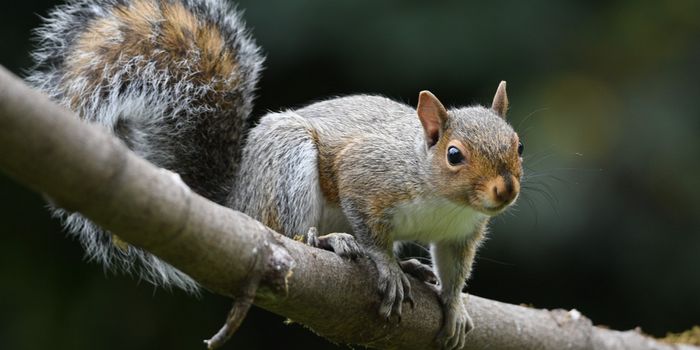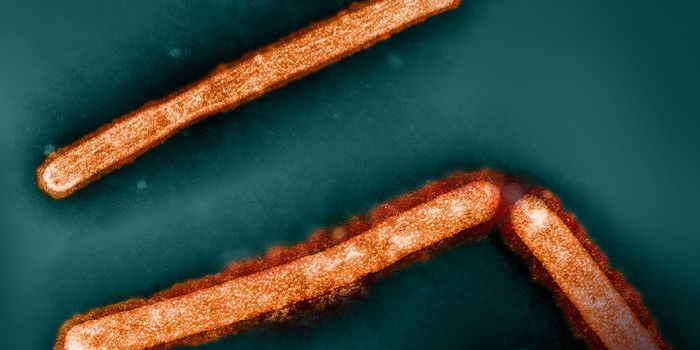Red Kite Conservation Hindered by New Factors, Study Finds
The red kite (Milvus milvus) is a European predatory bird that weathered difficult times throughout the 80’s. After a close call with extinction, conservationists took steps between 1989 and 2006 to revitalize populations and released more than 326 red kites to the wild.
Image Credit: Pixabay
The red kite’s populations began to rebound over time, painting a beautiful picture of an animal conservation success story. On the other hand, conservationists now worry that contemporary factors at the hands of humans hinder what were once extensive conservation efforts.
In a study published this week in the European Journal of Wildlife Research, researchers detail their concerns after conducting post-mortem examinations on 162 deceased red kites. Toxicological analyses performed on 110 of those 162 red kites underscore a real danger to the birds: poisoning from human-made sources like pesticides, rodenticides, and lead ammunition.
Related: Recent hurricane impacts disturb conservation efforts for two elusive birds
Out of the 110 birds tested for ingested toxins, at least 32 of those birds had passed away from poisoning associated with the sources mentioned above.
As predatory birds, red kites often munch on bite-sized birds, mammals, or reptiles. Many of these smaller animals become impacted by hunters’ shotgun ammunition or ingest food peppered with pesticides and rodenticides. Consequently, red kites ingest these toxins when devouring their natural prey.
The sample of red kites impacted by these kinds of poisoning is much smaller than the original sample size, but conservationists argue that these losses slow the red kite’s recovery rate and prevent their populations from increasing at their fullest potential.
While red cite conservation tactics unquestionably continue, following more environmentally-friendly practices to mitigate further harm to the species could make these efforts exponentially more efficient than they are today and enable the species to flourish.
Related: Are birds getting smarter because of hunters?
Regulating pesticide and rodenticide use and using alternative building materials for shotgun ammunition are just some of the ways we can turn things around for the better, but it all comes down to how lawmakers will handle the situation in coming years.
Source: BBC









